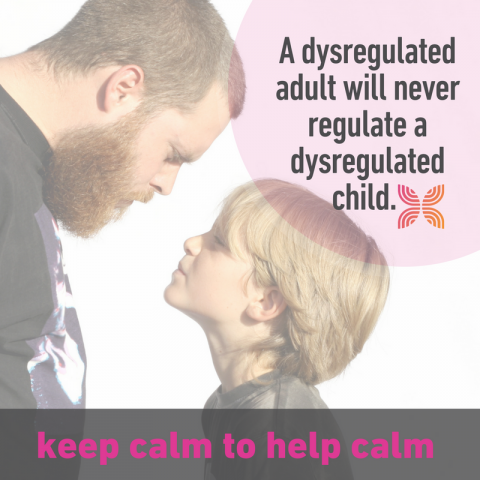
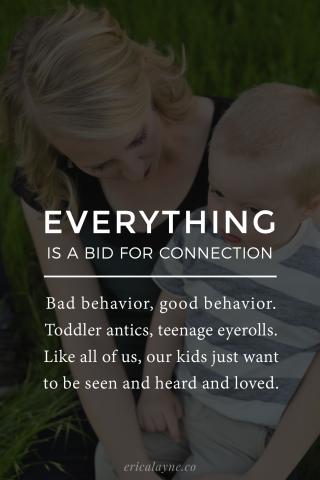
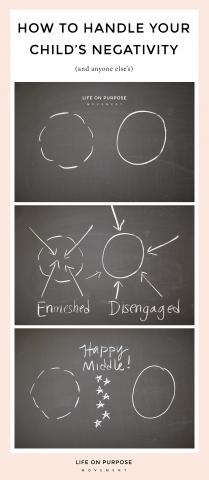
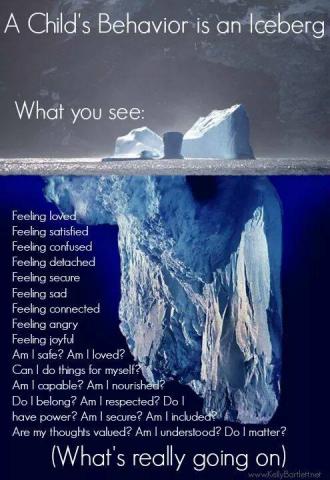
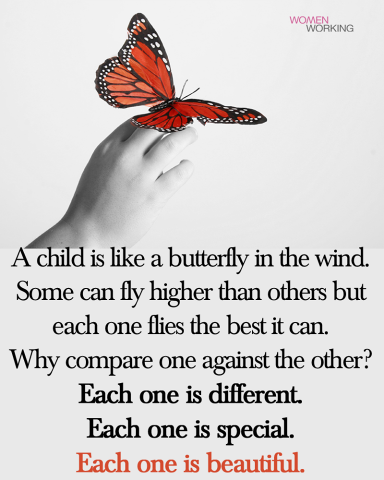
With the horric acts that have been plaguing our schools in the last few months, there have been alarms ringing all over the country and the world, about the youth. The following ariticle has some good information and statisics in it, knowing that each family is to make their choices on how to disapline their kids. We have seen things from we need to go back to spankiing to this article that says this causes voilance. We don't have the answer for this, I do think we must look at everything and make an informaded and knowagable way of treating the childern. I do think we need to really look at the violent games, movies and just the over all way we trerat others. it comes down to RESPECT of everyone, all things.
The UN Committee on the Rights of the Child defines corporal punishment as "any punishment in which physical force is used and intended to cause some degree of pain or discomfort, however light."
Though spanking or slapping is most common, the Committee also identifies behavior such as: "kicking, shaking or throwing children, scratching, pinching, biting, pulling hair or boxing ears, forcing children to stay in uncomfortable positions, burning, scalding or forced ingestion" (such as washing a child's mouth out with soap) as forms of corporal punishment.
Calling any form "invariably degrading," the Committee's Global Initiative has persuaded 53 countries since 2001 to pass laws banning corporal punishment, even in the privacy of a home. The agency says, “However, it's legal in the United States for parents to physically punish their children at home, and most think that's exactly as it should be.”
Regardless of whether someone experienced child abuse or not, spanking alone was predictive of dating violence. For children, their parents are the most important people in the world, and they learn from them what are social norms and how people should behave toward each other. Corporal punishment confuses the boundaries between love and violence for children while they are learning how to treat others.
Boston University Associate Professor Emily Rothman, an expert in partner violence, agreed: "The experience of having someone direct aggression to you increases the likelihood that you'll fall back on aggression when in a flight or fight moment. Having been hit by the parent can elevate stress and reduces a child's coping skills, so they may lash out."
"We asked 758 kids between 19 and 20 years old how often they had been spanked, slapped, or struck with an object as form of punishment when they were younger," said the study's lead author, Jeff Temple, a psychiatry professor at the University of Texas Medical Branch. "Kids who said they had experienced corporal punishment were more likely to have recently committed dating violence."
This result, he said, held up even when contributing factors such as sex, age, parental education, ethnicity and childhood abuse were controlled.
"One of the advantages of our study was to control for child abuse, which we defined as being hit with a belt or board, left with bruises that were noticeable or going to the doctor or hospital," said Temple, who specializes in dating, or relationship, violence. "Regardless of whether someone experienced child abuse or not, spanking alone was predictive of dating violence."
The result was no surprise to Dr. Bob Sege, a spokesman for the American Academy of Pediatricians who specializes in the prevention of childhood violence. The academy strongly opposes striking a child for any reason, pointing to research that links corporal punishment to mental health disorders and aggression. "This study confirms and extends previous research that says children who experience violence at home, even if it is couched as for their own good, end up using violence later in their lives," said Sege, who was not involved in the new research. "There's zero evidence that it enhances children's development, and there is a whole bunch of evidence that it has negative outcomes," Temple said. "Our goal is not to turn out fine. Our goal is to turn out healthier and happier than previous generations."
Larzelere and his co-author, Dr. Den Trumbull, concluded that "it's okay for parents to spank," but with some conditions: Parents should ensure children know its "motivated by love and concern for their well-being" and be certain "they do not use disciplinary spanking too severely." Spanking should always be used in a manner that reduces the need to use it in the future, the paper said.
Spanking also should only be used when children fail to respond to milder disciplinary tactics (e.g., time out) or fail to stop harmful misbehavior (e.g., running into a street).
Researchers in this camp point to alternate explanations for the negative outcomes from spanking. For example, children who are spanked may have a number of behavioral problems to start with, and any aggression or mental health issues they develop could have more to do with those underlying behavioral problems than the spanking itself. Yet another possibility is that adults with mental health problems could be more likely than healthy adults to recall being spanked as kids.
A new study reveals that spanking your child may have a longer-lasting impact than just a few tears. Many other undesirable outcomes were associated with spanking, including children acting out and having poor relationships with their parents, as well as being victims of physical abuse later in life.
A study published in September asked over 8,000 adults ages 19 to 97 about their childhood experiences with spanking and found that those who were spanked were more likely to drink heavily, use street drugs, and attempt suicide.
"These results provide strong support for consideration of spanking as an (adverse childhood event)," the study authors wrote. Adverse childhood events include sexual and physical abuse and neglect, substance abuse, mental illness and partner violence within the home.
The US Centers for Disease Control and Prevention calls adverse childhood events "an important public health issue" due to their strong relationship to numerous health, social and behavioral problems throughout a person's life, including substance use disorders; smoking; heart, lung and liver disease; and poor work performance.
Getting spanked just that one time may not affect a child's relationship with their parents, but it may still be remembered and resented, Holden added.
Gershoff agrees that the odd spanking would probably not have long-term effects but asks "why do it at all?" if no studies have found positive effects.
If spanking doesn't work, what does? The American Academy of Pediatrics recommends a number of alternatives to spanking, including taking toys and privileges away and the age-old technique of time-out.
Sege says the techniques depend on the child's age. "During the first year what infants need to learn is love," he said, "while they discover their new abilities such as crying and making messes. So parents should distract, by giving them other things to do that are less disruptive or picking them up and moving them to a different place. That's all they can do."
As kids grow to toddlers and persist in doing things you don't want, he said, the best technique is to tap into their need for attention.
"Toddlers crave their parent's attention, so use that to your advantage," Sege said. "Pay attention to the things your children do that are wonderful; reward them for those with praise. Then when they do something you don't like, put them in time-out and take the attention away. Use that. That's how time-outs work."
“Like any disciplinary tactic, its effect is in the context of how it's used,” says Professor Robert Larzelere